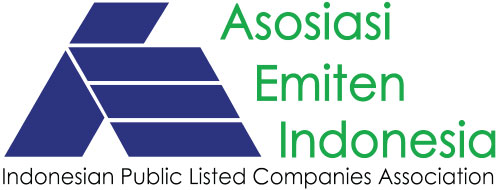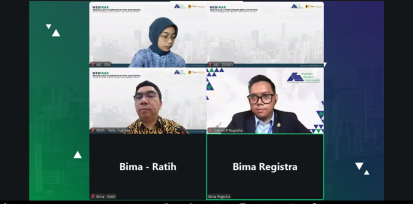
Coretax: Digital Transformation in the Tax System
Coretax is a system designed to integrate various tax services which were previously spread across 21 different forms of service into one integrated platform. For the government, the presence of Coretax aims to create a more efficient and accurate system in tax management. With a more integrated system, the government can collect and manage tax data better, thereby increasing the validity and accuracy of available information.
Apart from that, with a more structured tax database, the potential for state revenue from the tax sector can also increase significantly. According to a statement from the National Economic Council delivered by Luhut Panjaitan, the implementation of Coretax has the potential to increase tax revenues by up to IDR 1,500 trillion in the next five years, or around IDR 300 trillion per year. This shows that this system not only helps in optimizing tax collection, but also contributes to national economic growth.
The benefits of Coretax are not only felt by the government, but also by business actors and the general public. For the business world, this system simplifies the tax administration process, reduces bureaucratic burdens, and increases transparency. Meanwhile, for the public, Coretax makes it easy to access tax services, making them more practical and easy to use. With these various benefits, Coretax is expected to be able to bring major changes to the Indonesian tax system in a more modern and efficient direction.
The Impact of Coretax on Tax Efficiency in Indonesia
How Does Coretax Increase National Tax Revenue?
Coretax and Digital Transformation in Tax Administration
Benefits of Coretax for Business and Society
Issuer Strategy in Facing Coretax Implementation




 Back to Home
Back to Home







